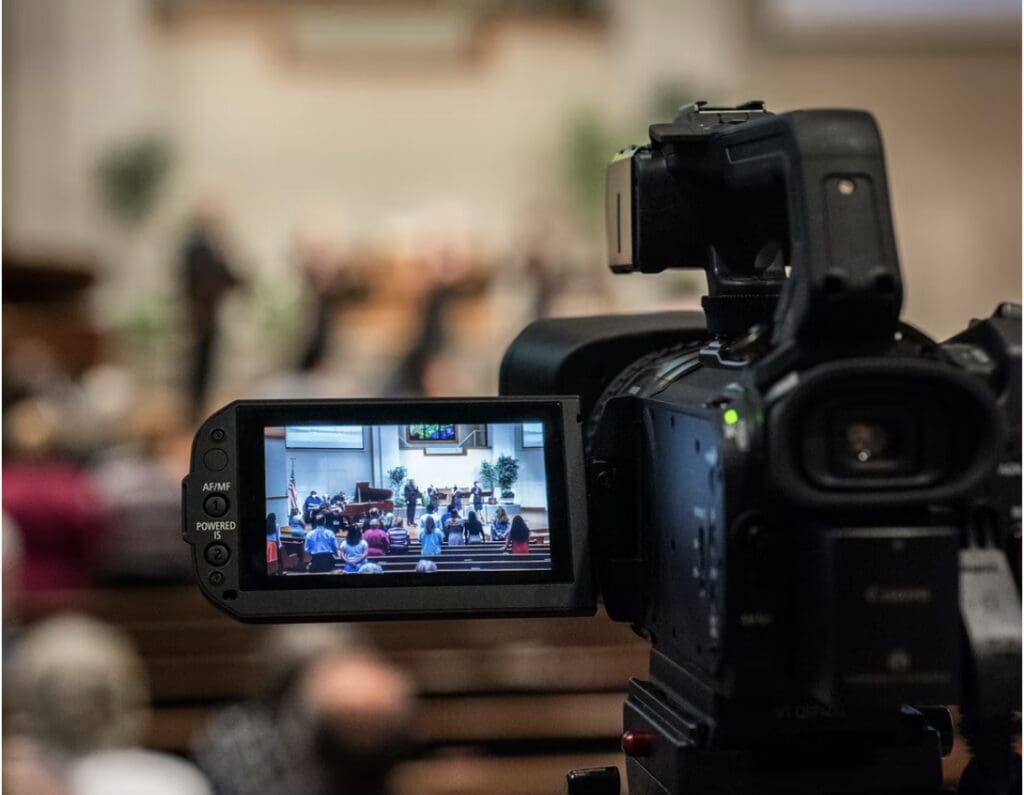

A bill headed to the House after passing in the Senate would require state colleges to livestream trustee meetings and make that an an archive of them available to the public. Photo by Unsplash.
Two education bills sailed unanimously through the General Assembly Tuesday.
The Senate unanimously passed a bill requiring Delaware colleges to livestream meetings and maintain an archive of them.
The House unanimously passed a bill that will require private schools and youth camps to fingerprint as part of the background check for all employees, contractors or volunteers.
The bills will now go to the opposite chamber for consideration.
Senate Bill 26, sponsored by Sen. David Sokola, D-Newark, would require meetings of the boards of trustees for the University of Delaware, Delaware State University and Delaware Technical and Community College to be routinely livestreamed using technology that permits the public to hear all participants at the same time.
The institutions also would need to maintain a portal of recordings online so that the public can access and review the meetings after they occur, according to the bill.
This is something many school boards and universities already practice because of the COVID-19 pandemic. It forced public meetings to be held virtually to promote social distancing.
There were no public comments or discussion on the Senate bill. All 20 senators in attendance voted “yes.” Sen. Dave Lawson, R-Cheswold, was absent.
In the House all 41 representatives voted yes on House Bill 204, sponsored by Rep. Kimberly Williams, D-Newark.
Requiring private schools and youth camps to fingerprint as part of the background check alters current previous law.
As of now, both private schools and youth camps are exempted from this requirement, and they could also opt for a name-based, rather than fingerprint, background check through the Delaware Justice Information System
The bill permits the State Bureau of Identification to provide federal criminal history to an employer for individuals who have had a background check performed.
Per the bill, the Department of Education will be authorized to pay for the background checks of its employees.
The fee for a Delaware criminal background check is $52, while a state and federal criminal background check will cost $65.
Efforts were unsuccessful to reach Sokola and Williams for additional comment.
SB 26 will now be sent to the House Education Committee for consideration, and HB 204 will now be heard by the Senate Education Committee.


Raised in Doylestown, Pennsylvania, Jarek earned a B.A. in journalism and a B.A. in political science from Temple University in 2021. After running CNN’s Michael Smerconish’s YouTube channel, Jarek became a reporter for the Bucks County Herald before joining Delaware LIVE News.
Jarek can be reached by email at [email protected] or by phone at (215) 450-9982. Follow him on Twitter @jarekrutz and on LinkedIn
Share this Post







